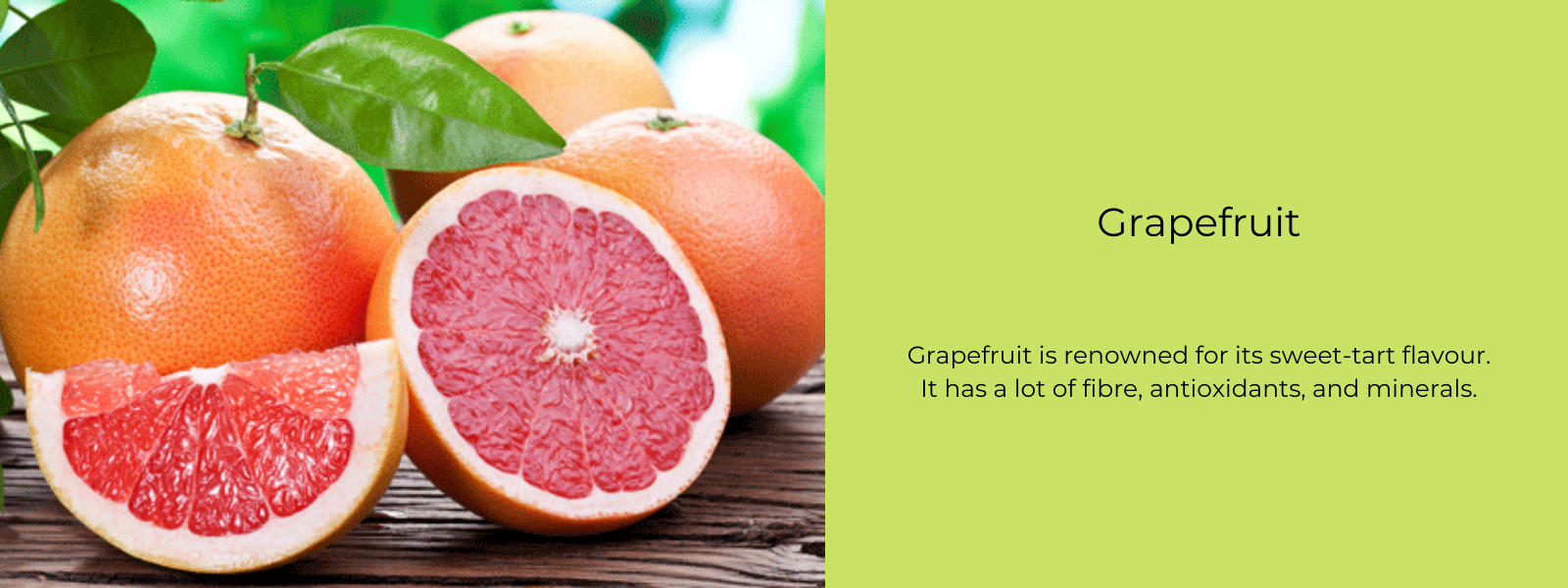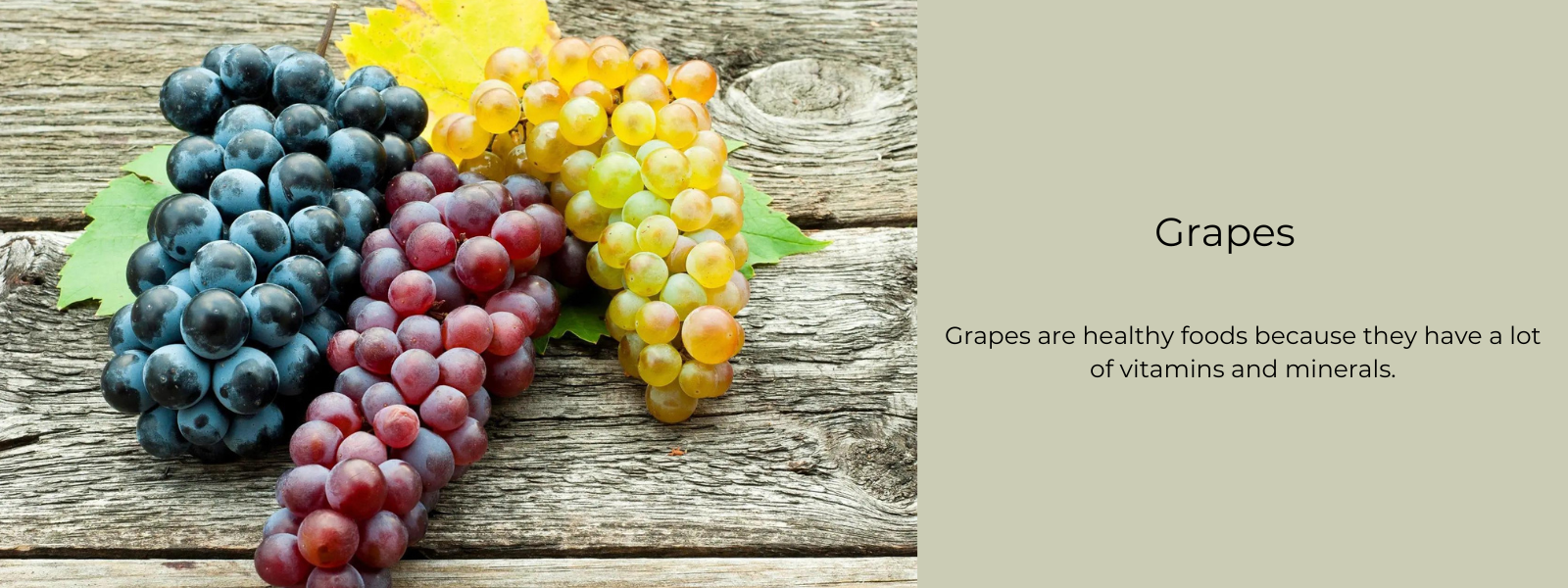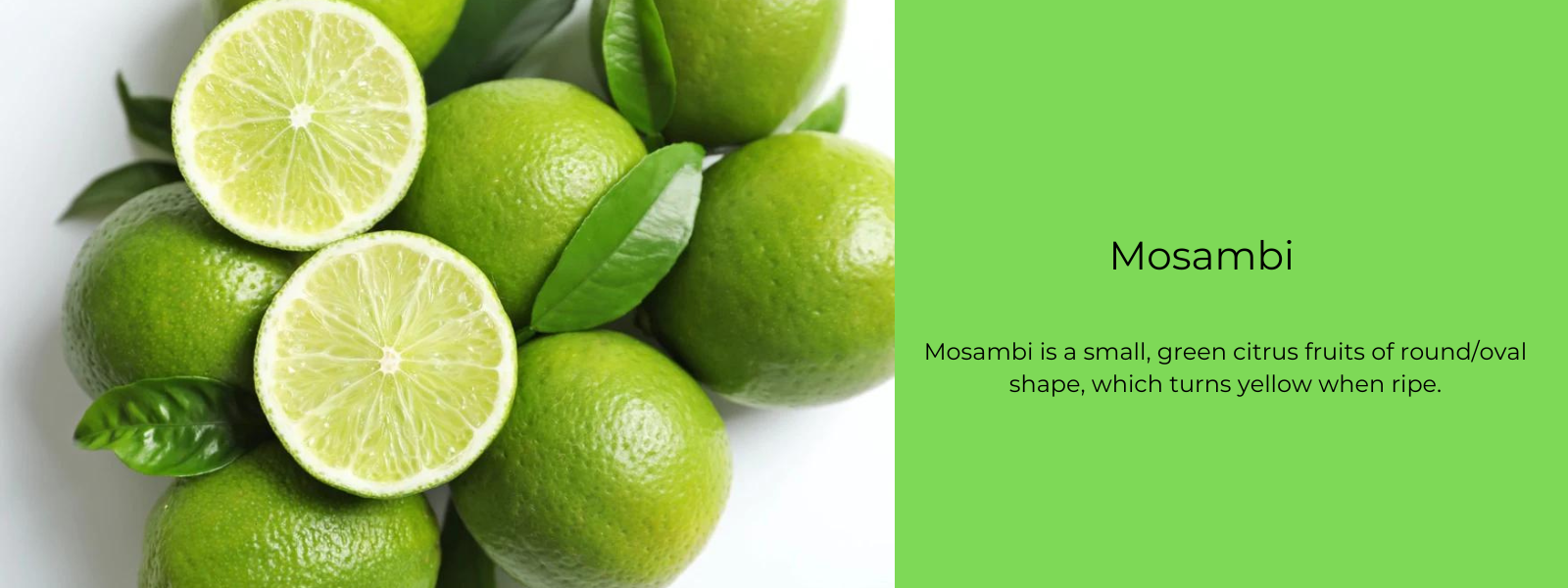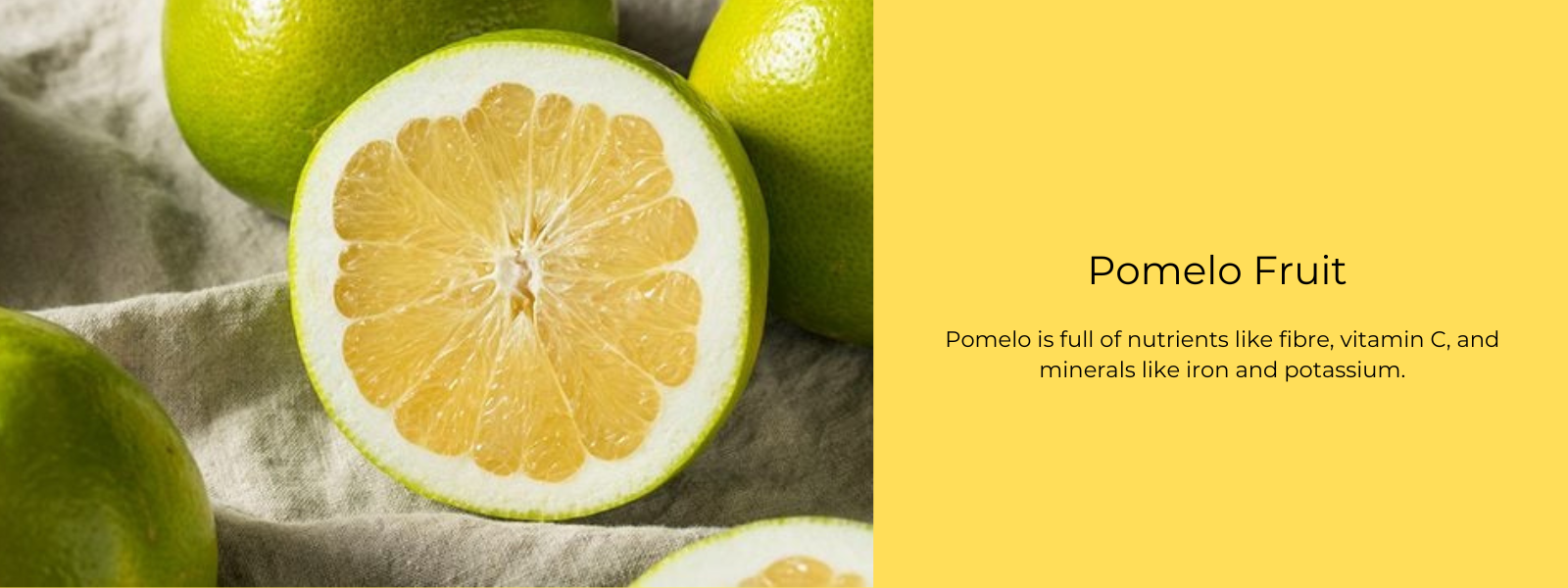Tangerine is a type of mandarin orange that gets its name from Tangier, Morocco, where it was first grown. Even though there are many different kinds of tangerines on the market, they are all hybrids of the mandarin orange.
Tangerines are a popular citrus fruit, in part because they taste so strong and sweet. They are thought to be sweeter than oranges in general. This makes them a tasty and healthy choice for dessert.
Tangerines are fruits that are high in water and have a lot of vitamin C and antioxidants. They are also good sources of other vitamins and minerals, like potassium and B complex vitamins. Tangerines and their peels are full of antioxidants like vitamin C and flavonoids, which help keep many diseases at bay. Antioxidants like vitamin C and nobiletin, which are found in tangerines, may protect brain cells from the damage caused by schizophrenia, Alzheimer's disease, and Parkinson's disease.
Table of Contents
What is tangerine fruit?
Tangerine is a kind of mandarin, which is the second most-grown citrus fruit after oranges.
Like oranges, tangerines are orange, but some varieties may have green or red tints. But they are a bit smaller and less round, and peeling them by hand is easier. They also taste more sweet.
Both the flesh and the skin are very healthy. You can take tangerines with you as a snack, blend them into a refreshing juice or smoothie, or make a sweet jam or salad dressing with them.
Tangerine nutrition fact:
One small tangerine, which weighs 76 grams and is about 2 1/4 inches in diameter, has 40 calories, 0.6 grams of protein, 10.1 grams of carbohydrates, and 0.2 grams of fat. Tangerines are full of vitamin C, thiamin, and folate, all of which are very good for you.
Is tangerine and clementines the same?
Tangerines and clementines are both in the Citrus reticulata family, which means they are related. Most tangerines, like most clementines, don't have seeds, but some hybrids do. All of the fruits are easy to peel, but tangerines tend to have tougher skin and taste more sour.
Is orange and tangerine the same?
Tangerines are about the same colour as most oranges, but they tend to be more reddish orange. The orange is bigger and rounder than the tangerine. They can both have or not have seeds. Most oranges have a yellowish orange colour, but tangerines are more orange-red. The fruit inside tangerines is also much sweeter than the fruit inside oranges. Because oranges are bigger, they are more acidic, and their skin is thicker and harder to peel. The skin on most tangerines is thin and shiny, making it easy to peel off.
Health benefits of tangerine fruit:
- Increases immunity
Tangerines have a lot of vitamin C, which helps make our immune systems stronger. Because of vitamin C, our bodies are better able to make white blood cells, which are the most important part of our immune system and protect us from viruses and bacteria. Vitamin C is also a powerful antioxidant that protects our immune system from oxidative damage caused by free radicals. Studies have shown that eating tangerines regularly can help keep you from getting the flu, viral fever, cough, and colds.
- Enhances skin
Tangerine is great for our skin health and helps keep our skin hydrated and smooth because it has a lot of antioxidants and water in it. Antioxidants help protect our skin from damage caused by free radicals. Studies have shown that eating tangerines regularly is good for your skin and can help prevent problems like dark spots, wrinkles, acne, signs of ageing, and so on.
- Rich in folate
They have a lot of folate, a type of vitamin B. Folate helps the body make RNA and DNA, which are very important parts of our genes. It also helps red blood cells and iron in the body do their jobs right. Changes to DNA that can lead to cancer can be prevented by eating a moderate amount of folate. Folate is also good for us because it helps our bodies make new red blood cells.
- Helps in weight loss
By giving you more fibre, tangerines might help you lose weight. Tangerines and other citrus fruits have fibres like cellulose and lignin that don't break down in the intestine. This fibre makes you feel fuller by slowing the rate at which food moves through your digestive system. In turn, this helps you control your hunger, which may help you lose weight.
- Helps to detox
Depurative is an essential oil found in tangerines that helps clean the blood and get rid of excess uric acid. The essential oil also has a tonic, an antispasmodic, a seductive, a stomachic, and a digestive ingredient that is good for the body when used together or alone. The oil helps the body get rid of extra uric acid, impurities, salt, and water through the excretory system.
Benefits of tangerine peel:
Tangerine peels are just as good for you as the juicy insides. They have a lot of antioxidants, flavonoids, and white fibres. The peel is also very good at reducing inflammation.
So, the next time you buy tangerines, don't throw away the peels. You can cut the peels into thin strips and put them in salads or smoothies. Here are some of the ways that Tangerine peels are good for your health:
- Helps bring down the level of cholesterol.
- This is a great home remedy for constipation and other stomach issues.
- Contains a lot of vitamin C.
- It helps in weight loss.
- The person's oral health will get better.
- A natural source with a lot of pectin.
- Helps improve the health of the skin.











Leave a comment